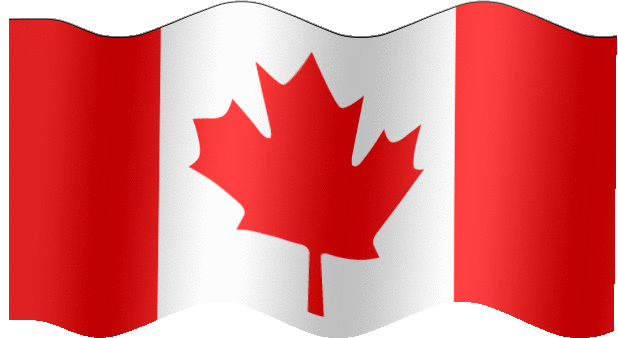In Canada, nursing is a profession that includes two regulated nursing groups: Registered Nurse (RN) and Registered Practical Nurse (RPN). The title “nurse” can only be used by those professionals who are licensed or registered by the nursing regulatory body, college or association in one of the Canadian provinces where they intend to work. In Ontario, the regulatory body of nursing is called College of Nurses of Ontario (CNO).
Each province and territory have their own regulations as it allows them to protect public health and safety. It also ensures that nurses meet the required standards before working in the community.




